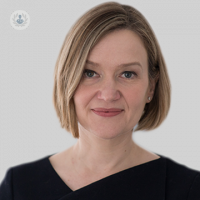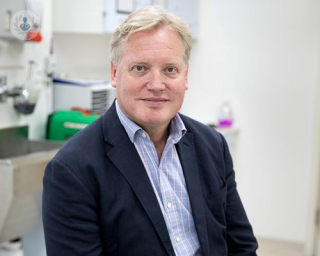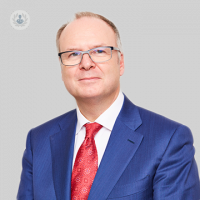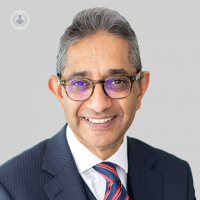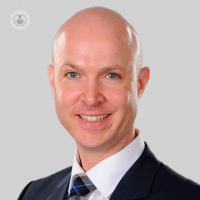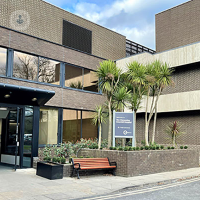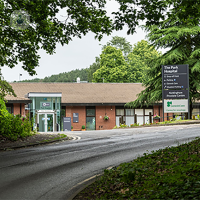Facial reconstruction
Miss Katherine George - Oral & maxillofacial surgery
Created on: 11-13-2012
Updated on: 05-31-2023
Edited by: Karolyn Judge
What is facial reconstruction?
Microsurgical facial reconstruction encompasses various surgical techniques that are used to treat both diseases or injury that have led to loss of some of the structure or function of the face.
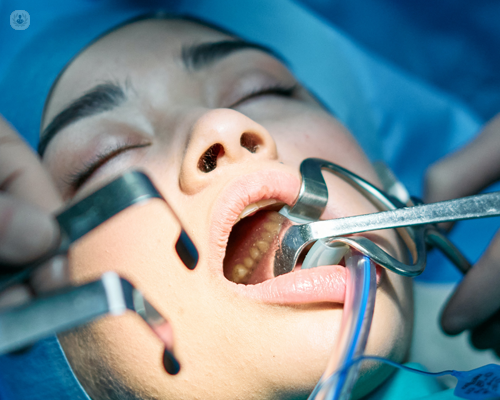
Why is facial reconstruction surgery done?
Several conditions are treatable, notably different types of facial paralysis and atrophy that prevent the correct movement of the muscles and structures of the jaw and/or the eyes, and facial expression, for example:
- Perry-Romberg syndrome;
- Moebius syndrome, or;
- Binder syndrome.
What does facial reconstruction microsurgery involve?
Facial microsurgery aims to replace the affected areas and to restore normal appearance and function, via use of individual techniques for transplantation of tissue, nerve and muscle grafts. Currently, facial reconstruction can be performed successfully via the use of advanced microscopic techniques for transplanting tissue from the same patient. Given the anatomy of this area, the surgery is highly complex and in some cases, it may have to be performed in several stages - separate surgical interventions - to achieve the best outcome.
What's involved in post-operative care for facial reconstruction microsurgery?
Depending on the severity of the process and the particular reconstructive technique used, you may undergo facial reconstructive surgery as an outpatient, with the sutures removed after one week at your GP’s office, or as an inpatient with a hospital stay of over 10 days.
What are the risks of facial reconstruction microsurgery?
Like any other surgical procedure, there are risks inherent to:
- anaesthesia,
- the surgical technique being used,
- type of condition being treated, and
- risks related to your medical history.
Complications of facial reconstruction surgery are directly related to what level of surgery was involved, it's duration, and your health status and age, as well as the surgeon’s experience. Furthermore, bleeding, infection and total or partial flap loss may occur. It's important to be aware that these complications can be solved.
Which specialist undertakes facial reconstruction surgery?
Plastic and reconstructive surgeons, as well as oral and maxillofacial surgeons all undertake facial reconstruction surgery.
